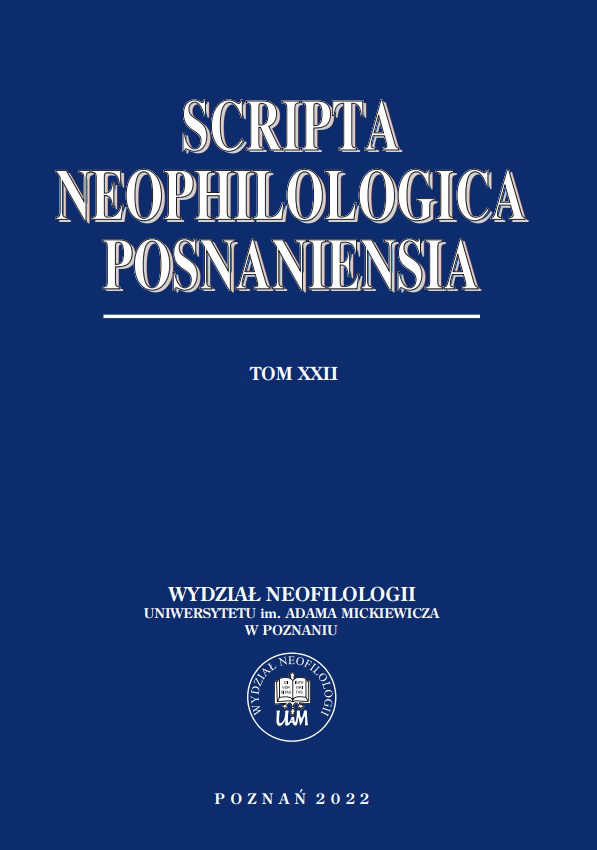Contemporary homo politicus as an ideal orator. A pragmalinguistic analysis of the inaugural addresses of American presidents from 1981 to 2021
Contemporary homo politicus as an ideal orator. A pragmalinguistic analysis of the inaugural addresses of American presidents from 1981 to 2021
Author(s): Artur UrbaniakSubject(s): Language and Literature Studies, Theoretical Linguistics, Pragmatics
Published by: Uniwersytet im. Adama Mickiewicza w Poznaniu
Keywords: naugural address; rhetoric; political discourse; discourse analysis; pragmalinguistics
Summary/Abstract: The article is a pragmalinguistic analysis of the inaugural addresses delivered by U.S. presidents from 1981 to 2021. The study was conducted using Voyant Tools, a computer software used in corpus linguistics. Four aspects/parameters of the text that affect its level of complexity and thus the level of assimilation of the message (reading ease) were examined. The analysis included (1) lexical density; (2) average sentence length; (3) readability indices including: Gunning Fog, Flesch-Kincaid and SMOG Index; and (4) a tag cloud (cirrus). The point of reference is the classical Ciceronian concept of the Ideal Speaker, which assumes that the political communicator is both erudite, and linguistically competent, encompassing Latin terms sapientia (the personification of widsdom) and eloquentia (the art of oratory). It boils down to an assumption that a fully competent political actor knows the rules of making speeches so as to reach both elites (Latin: optimates) and ordinary citizens (Latin populares). Using a pragmalinguistic approach, it was questioned whether the presidential addresses analyzed provide evidence that the communicators delivering them meet the criteria, fitting into the role of the ideal orator.
Journal: Scripta Neophilologica Posnaniensia
- Issue Year: 22/2022
- Issue No: 1
- Page Range: 179-192
- Page Count: 14
- Language: English

